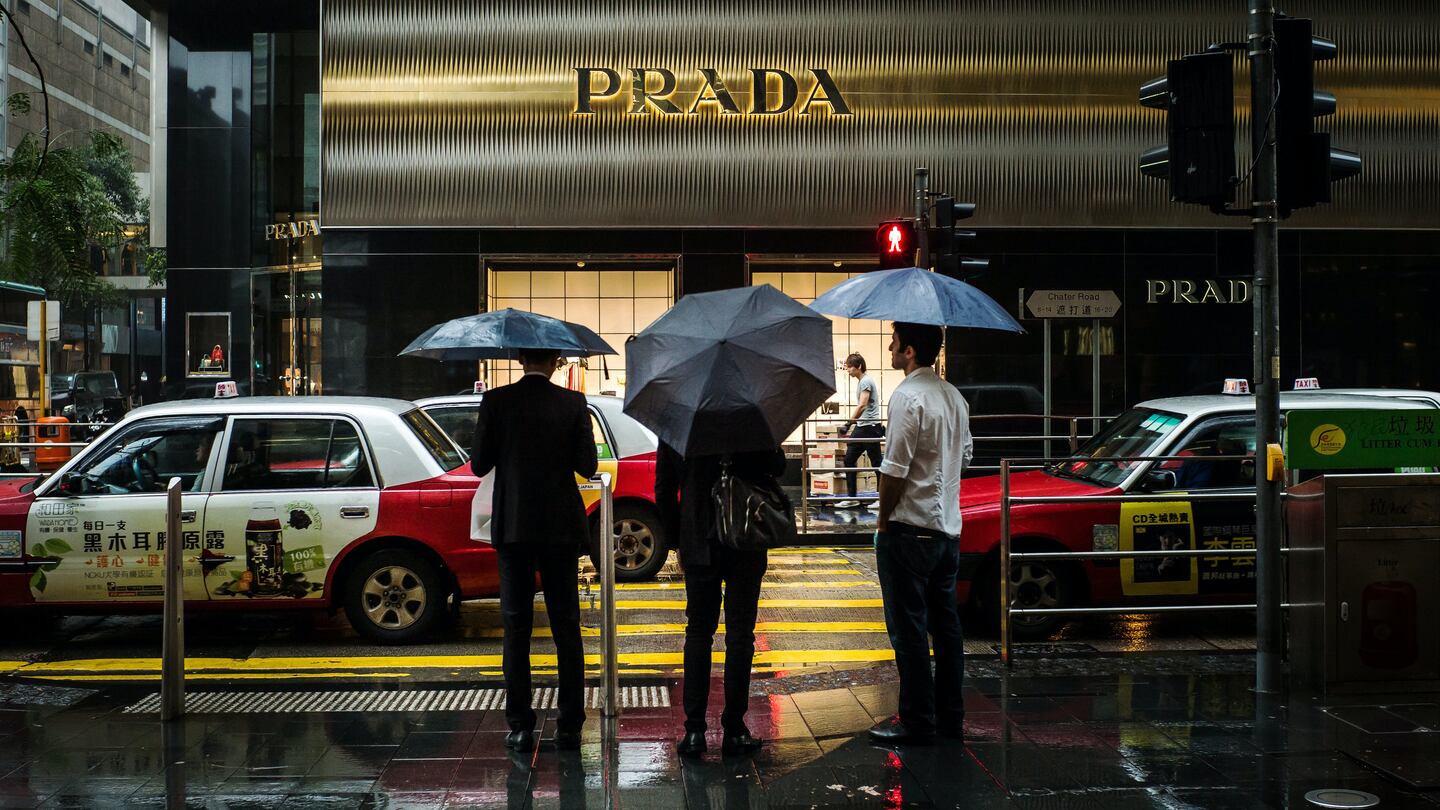
The Business of Fashion
Agenda-setting intelligence, analysis and advice for the global fashion community.

Agenda-setting intelligence, analysis and advice for the global fashion community.

HONG KONG, China — Hong Kong retailers continued to struggle in September even as other sectors in the economy, notably exports, started showing stronger signs of recovery.
Retail sales by value fell 12.9 percent from a year earlier to HKD $26.1 billion ($3.4 billion), an improvement on August’s 13.1 percent contraction, according to a government report. That’s slightly worse than the median forecast of a 12.3 percent decline in the period, according to economists surveyed by Bloomberg. Retail sales by volume dropped 13.4 percent from a year ago.
“The business environment of the retail trade will remain challenging in the near term, as inbound tourism is unlikely to see a swift rebound and the labor market is still under pressure,” the government said in the report. “However, with the stabilisation of the local epidemic and the recent relaxation of social distancing measures, local consumption sentiment is likely to revive further.”
Sales across most categories continued to drop, led by purchases of food and alcoholic drinks, jewellery and electrical goods. Supermarket sales rose, along with department stores, motor vehicles, furniture, books and newspapers.
ADVERTISEMENT
Hong Kong’s economy showed the first signs of emerging from a crippling recession toward the end of the third quarter as virus infections subsided in September and exports rebounded. The government has been gradually easing social distancing measures that have devastated the city’s tourism and services industries. The city is also working on a travel bubble with Singapore.
Gross domestic product declined 3.4 percent in the period from a year earlier, less than was anticipated, according to government data released Friday. On a quarter-on-quarter basis GDP rose 3 percent, halting a five-quarter streak of declines as a resurgent Chinese economy, stabilisation of coronavirus cases and stronger financial market activity contributed to the nascent recovery.
By Eric Lam.
As the German sportswear giant taps surging demand for its Samba and Gazelle sneakers, it’s also taking steps to spread its bets ahead of peak interest.
A profitable, multi-trillion dollar fashion industry populated with brands that generate minimal economic and environmental waste is within our reach, argues Lawrence Lenihan.
RFID technology has made self-checkout far more efficient than traditional scanning kiosks at retailers like Zara and Uniqlo, but the industry at large hesitates to fully embrace the innovation over concerns of theft and customer engagement.
The company has continued to struggle with growing “at scale” and issued a warning in February that revenue may not start increasing again until the fourth quarter.